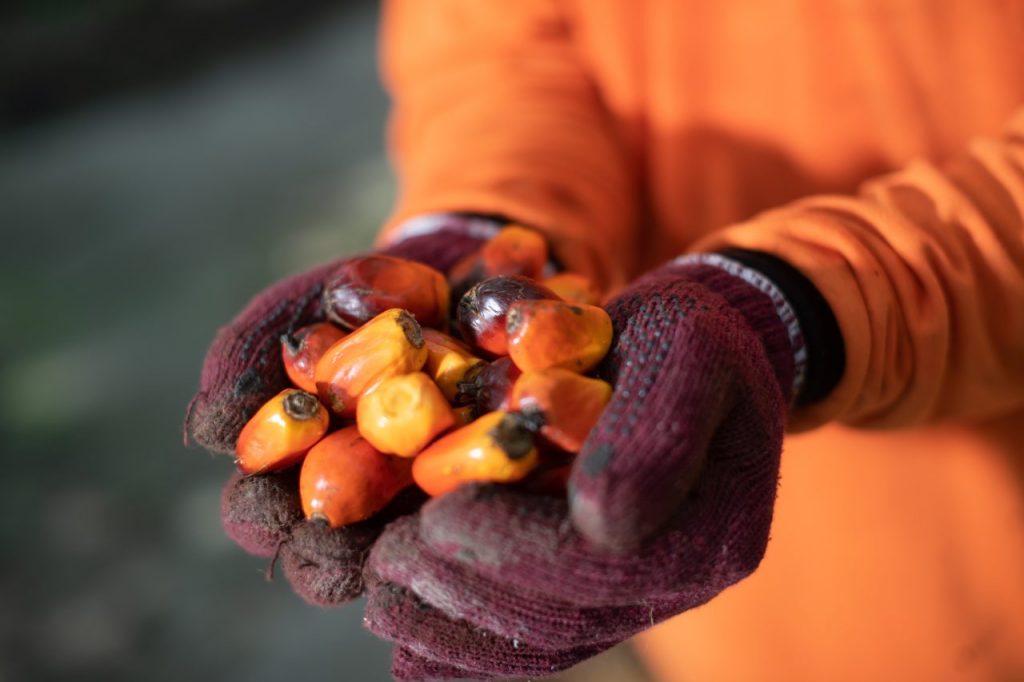
Bumitama Agri has a total of 15 mills under the Group with a total planted area of 187,628 hectares. The total FFB processed in 2022 was 5,331,222 MT, with a CPO yield of 4.8 metric tonnes per hectare.
| Region | Mill | Supply base |
|---|---|---|
| Central Kalimantan | Pundu Nabatindo Mill | PT Windu Nabatindo Lestari (WNL) |
| Independent smallholders (Kelompok Tani Tenera) | ||
| Koperasi Harapan Abadi | ||
| PT Fajar Bumi Nabati (FBI) | ||
| PT Gemilang Subur Maju (GSM) | ||
| Katari Agro Mill | PT Windu Nabatindo Lestari (WNL) | |
| Gunung Makmur Mill | PT Karya Makmur Bahagia (KMB) | |
| Plasma PT KMB | ||
| Independent smallholders (Kelompok Tani Karya Bersama) | ||
| PT Tanah Tani Lestari (TTL) | ||
| Plasma PT TTL | ||
| Bukit Makmur Mill | PT Karya Makmur Bahagia (KMB) | |
| PT Langgeng Makmur Sejahtera (LMS) | ||
| Plasma PT KMB | ||
| Sungai Cempaga Mill | PT Windu Nabatindo Abadi (WNA) | |
| PT Nabatindo Karya Utama (NKU) | ||
| Selucing Mill | PT Windu Nabatindo Sejahtera (WNS) | |
| Kotawaringin Mill | PT Bumitama Gunajaya Abadi (BGB) | |
| Lamandau Mill | PT Bumitama Gunajaya Abadi (BGB) | |
| PT Andalan Sukses Makmur (ASMR) | ||
| PT Investa Karya Bakti (IKB) | ||
| Tonam Raya Mill | PT Bumitama Gunajaya Abadi (BGB) | |
| West Kalimantan | Kendawangan Mill | PT Gunajaya Karya Gemilang (GKG) |
| PT Gunajaya Ketapang Sentosa (GKS) | ||
| Plasma PT GKG | ||
| Pembangunan Raya Mill | PT Agro Sejahtera Manunggal (ASM) | |
| Plasma ASM | ||
| PT Gunajaya Harapan Lestari (GHL) | ||
| Sungai Rasau Mill | PT Karya Bakti Agro Sejahtera (KBAS) | |
| PT Agriplus (AGP) | ||
| Bukit Tunggal Jaya Mill | PT Ladang Sawit Mas (LSM) | |
| PT Lestari Gemilang Intisawit (LGI) | ||
| PT Agro Manunggal Sawitindo (AMS) | ||
| PT Gemilang Makmur Subur (GMS) | ||
| PT Sejahtera Sawit Lestari (SSL) | ||
| PT Nabati Agro Subur (NAS) | ||
| PT Karya Makmur Langgeng (KML) | ||
| PT Damai Agro Sejahtera (DAS) | ||
| Bukit Belaban Mill | PT Sentosa Prima Agro (SPA) | |
| PT Raya Sawit Manunggal (RSM) | ||
| PT Wahana Hijau Indah (WHI) | ||
| PT Hungarindo Persada (HPE) | ||
| Riau | Suka Damai Mill | PT Masuba Citra Mandiri (MCM) |
| Plasma PT MCM |
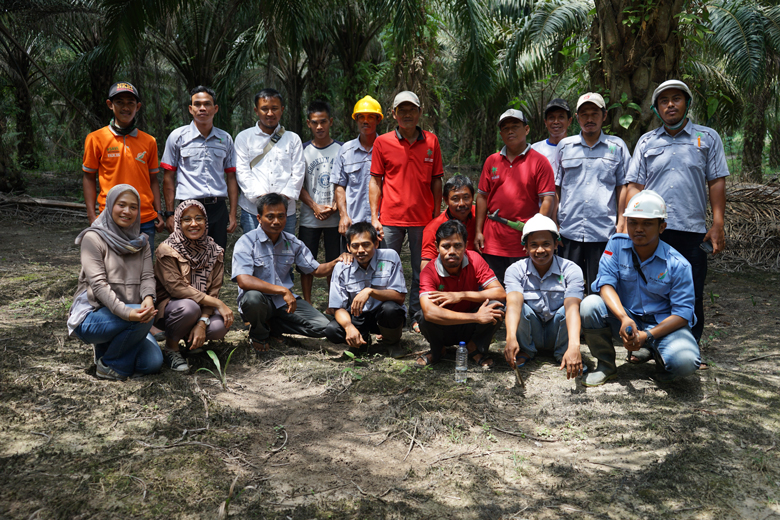
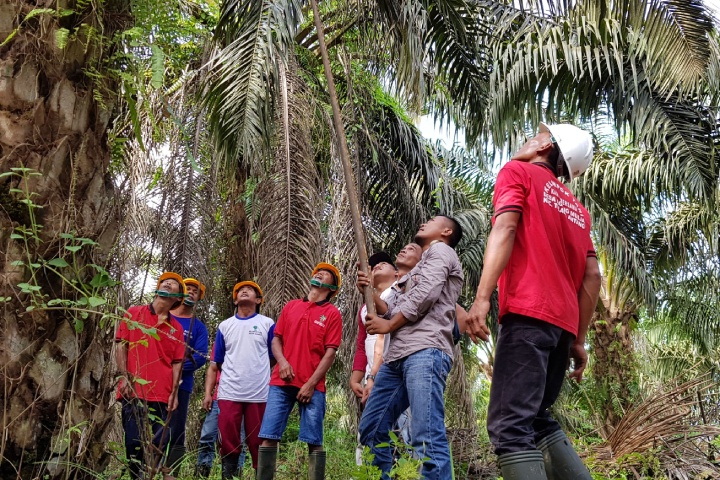
Smallholders play an integral role in the Indonesian palm oil industry and the Indonesian landscape. Besides our partnerships with the plasma smallholders, we work with the local communities and our potential and existing external suppliers to improve their business in a sustainable manner. Read more about our smallholder programme here.
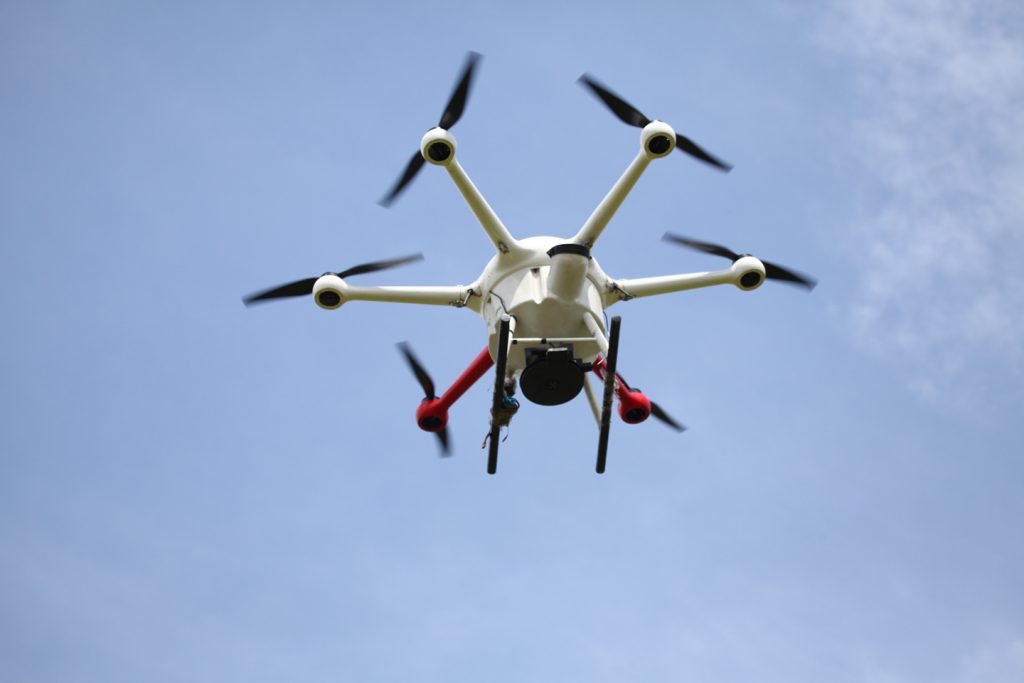
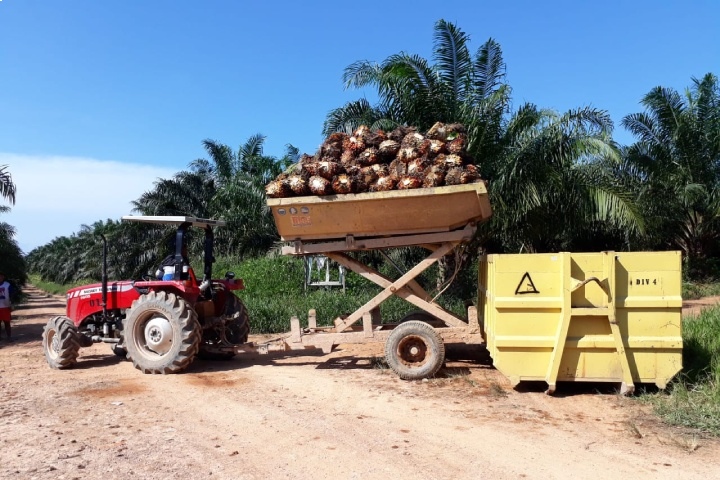
The Group consistently continues to review and improve its internal operational procedure to comply with standard and criterias set by the ISPO and RSPO. Regular evaluation and revision of our policies and practices is one of the key elements of our governance. We routinely develop and introduce innovative methods to improve efficiency of our operations, such reporting of health and safety risks, or potential fire risks at a touch of a finger, through a mobile phone application. Our reforestation activities have been aided by the use of drones, to spread seeds over vast conservation areas. Read more about our FlyForest programme here.
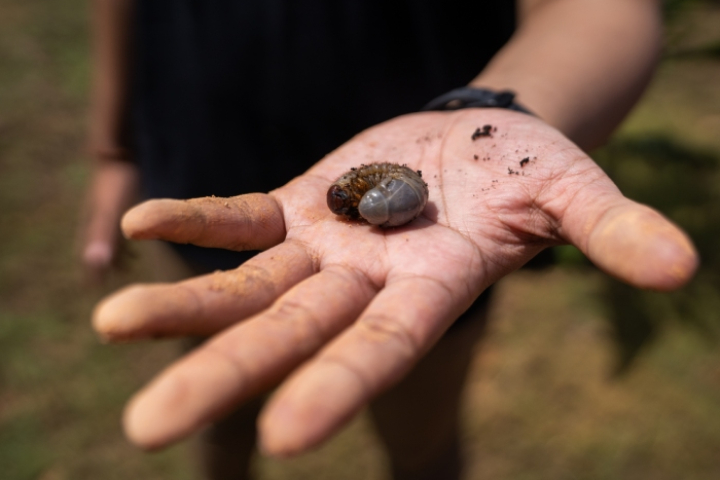
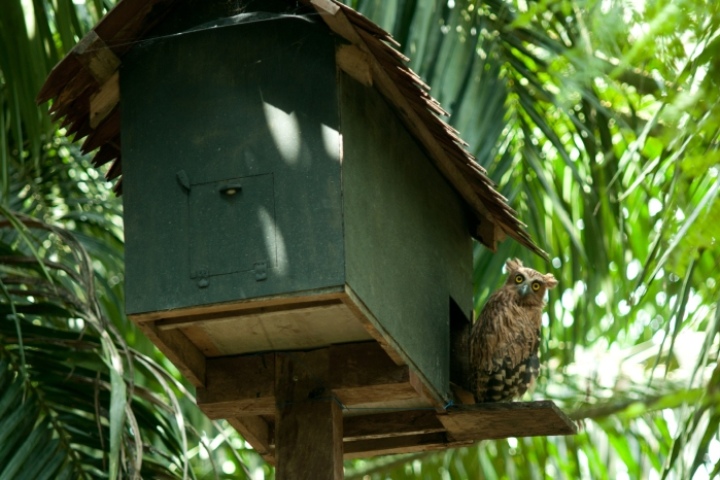
Bumitama implements Best Management Practices (BMP) in all of its plantations and in their production process at various stages of value chain of the Company. This can only be achieved only by improving efficiency and productivity in the plantations and mills activities, starting from using high quality oil palm seeds to improves FFB yield and extraction rate. Bumitama uses legume cover crops in order to conserve soil moisture, prevent soil erosion also to enrich its organic content, while applying high quality fertilisers suitable for our plantations at the right time and at optimal doses, with nutrient recycling from organic fertilisers from our production waste. We utilise beneficial plants, especially Turnera Ulmifolia and Casia Cobanensis, in all our plantations to attract natural predators and parasitoids for biological control of leaf-eating insects. We also use barn owls for biological rat control, which has helped us to replace rodenticide on 78.9% of our planted areas.